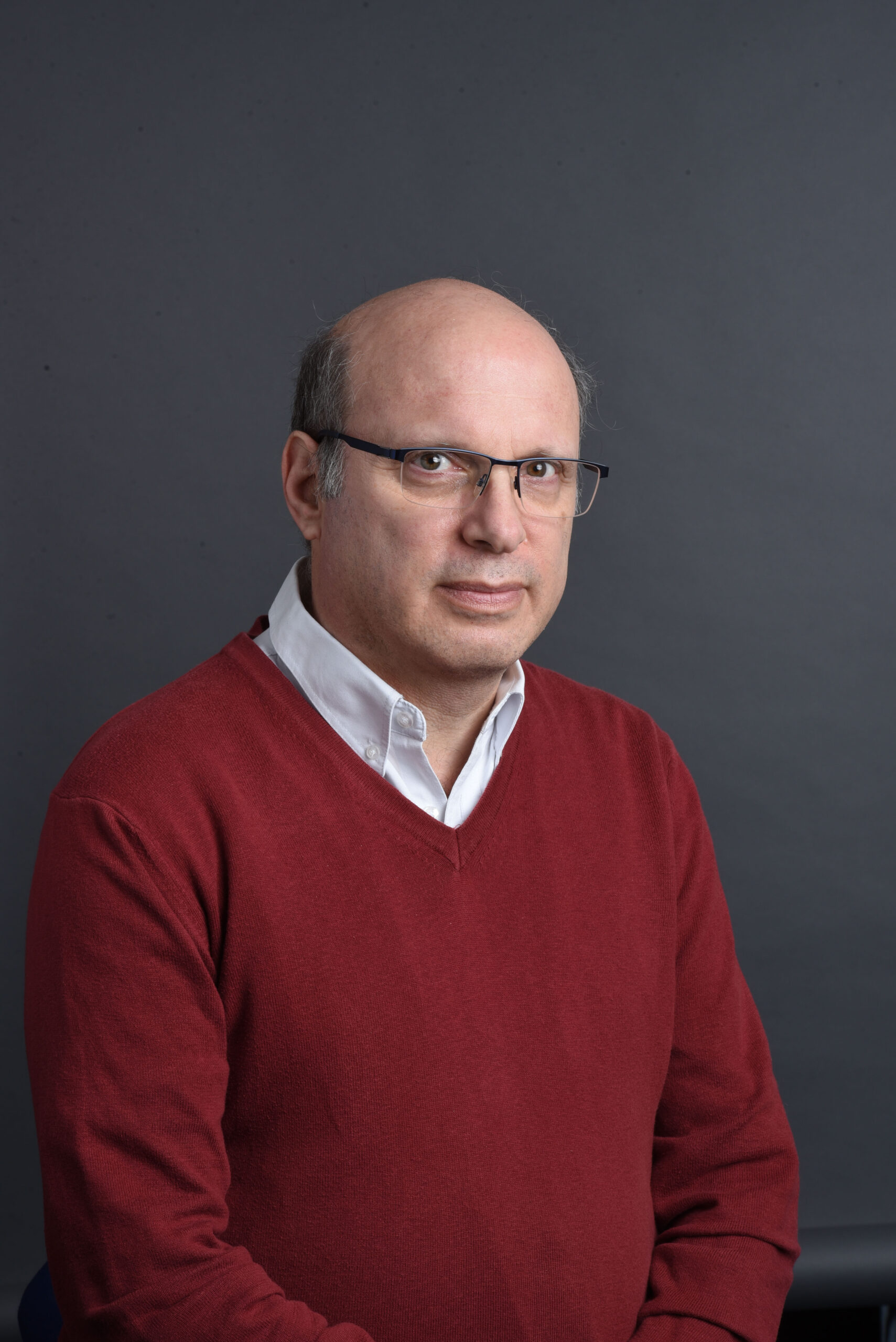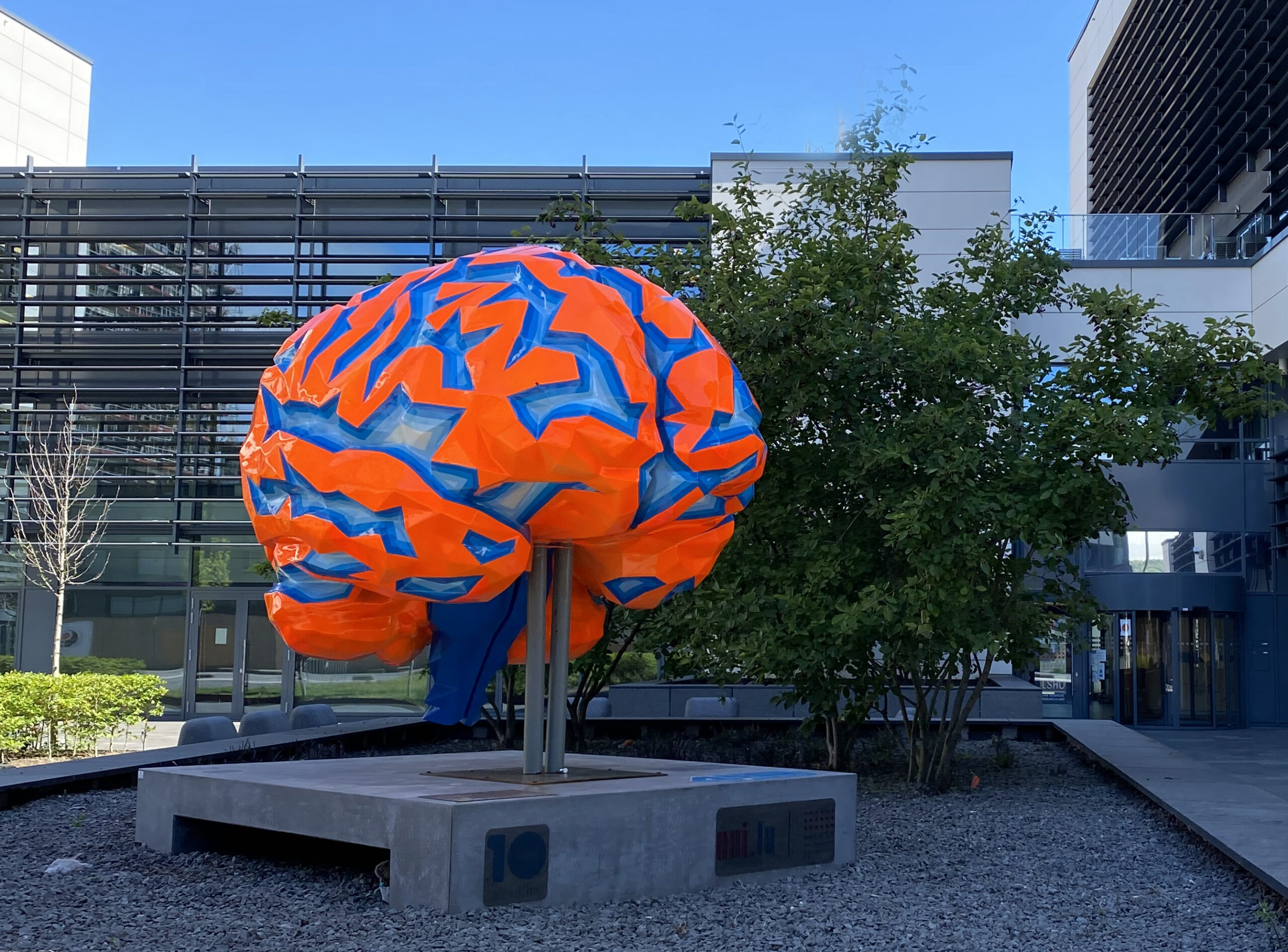Autophagy and neurodegeneration
Intracellular protein aggregation is a feature of many late-onset neurodegenerative diseases, including Parkinson’s disease, tauopathies, and polyglutamine expansion diseases (like Huntington’s disease (HD)). Many of these mutant proteins, like that causing HD, cause disease via toxic gain-of-function mechanisms. Therefore, the factors regulating their clearance are crucial for understanding disease pathogenesis and for developing rational therapeutic strategies.
We showed that autophagy induction reduces the levels of mutant huntingtin and attenuated its toxicity in cells, and in Drosophila, zebrafish and mouse HD models. We have extended the range of intracellular proteinopathy substrates that are cleared by autophagy to other related neurodegenerative disease targets, like alpha-synuclein in Parkinson’s disease and tau in various dementias and Alzheimer’s disease.
In this talk, I will discuss our recent work on autophagosome biogenesis and the signaling pathways regulating this process. Then I will describe how microglial-derived chemokines can compromise neuronal autophagy by activating CCR5 signaling, and how interrupting this chain of events may represent a therapeutic strategy for tauopathies and Huntington’s disease.
About the speaker
David Rubinsztein is Professor of Molecular Neurogenetics and a UK Dementia Research Institute Group Leader at the University of Cambridge. He is Deputy Director of the Cambridge Institute for Medical Research. Dr. Rubinsztein earned his MB ChB, BSc(Med)Hons, and PhD degrees from the University of Cape Town. He came to Cambridge in 1993 as a Senior Registrar in genetic pathology and was the first person to complete formal training in this field in the UK. His research is focused in the field of autophagy, particularly in the context of neurodegenerative diseases. His laboratory pioneered the strategy of autophagy upregulation as a possible therapeutic approach in various neurodegenerative diseases, and has identified drugs and novel pathways that may be exploited for this objective. He has made contributions that reveal the relevance of autophagy defects as a disease mechanism and to the basic cell biology of this important catabolic process. Rubinsztein was elected Fellow of the Academy of Medical Sciences (2004), EMBO member (2011), Fellow of the Royal Society (2017) and membership of Academia Europaea (2022). He was awarded the Graham Bull Prize (2007), Thudichum Medal (2017), Roger de Spoelberch prize (2017) and the Goudie Medal (2020).

